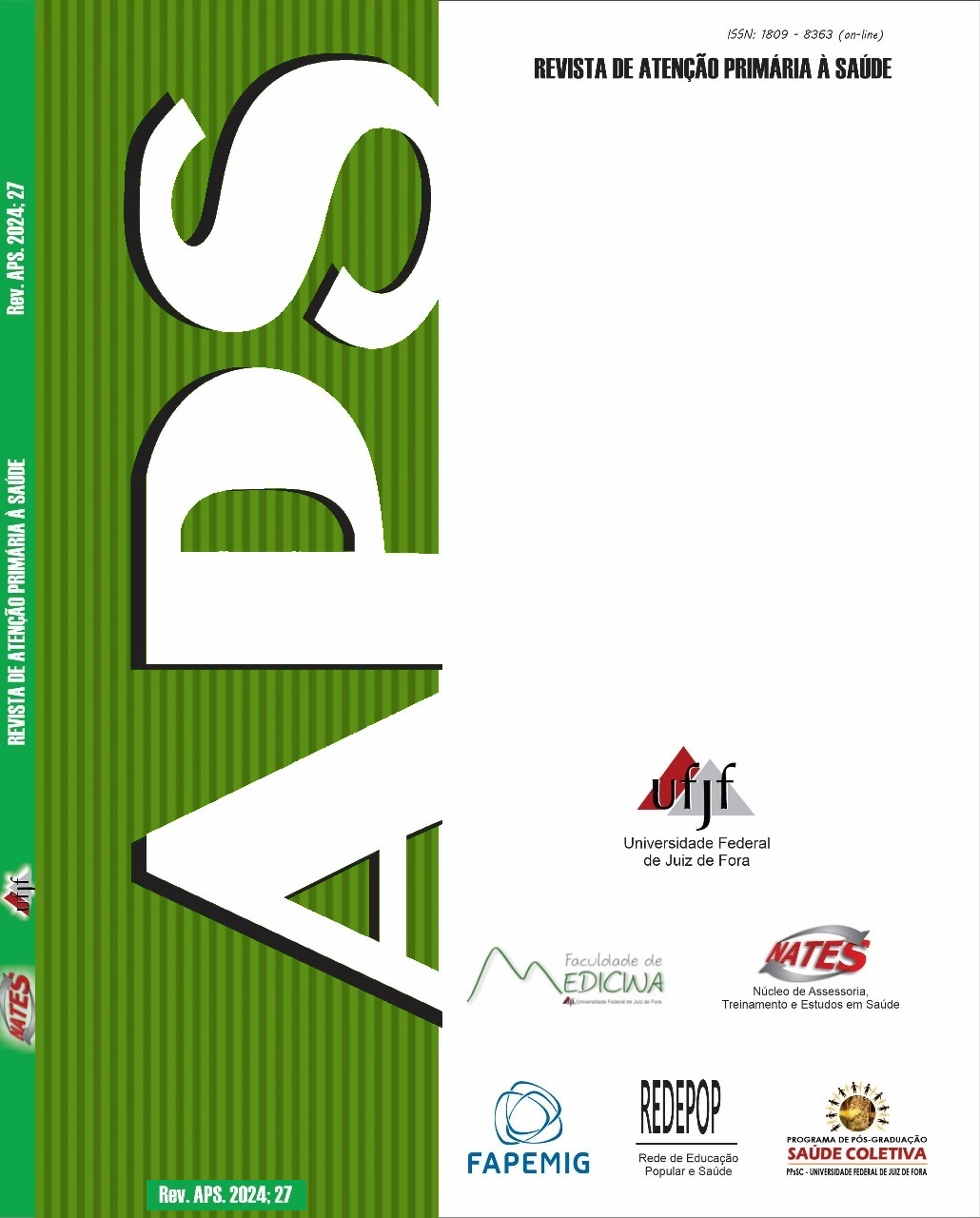Caregivers’ cooking skills confidence and dietary consumption in early childhood: analysis in a territory of the Family Health Unit
DOI:
https://doi.org/10.34019/1809-8363.2024.v27.43326Keywords:
Child Nutrition, Culinary Art, Dietary Consumption, Primary Health Care, ParenthoodAbstract
Cooking skills encompass those necessary for meal preparation, from food selection to serving, recognized as crucial for the quality of nutrition. The objective of this paper was to investigate the association between the caregivers’ cooking skills confidence and the dietary consumption of early childhood children. This cross-sectional study, conducted in Botucatu-SP with 51 participants, applied the Cooking Skills Index (IHC) and the SISVAN consumption markers by telephone. Comparative analyses were performed between these markers and the caregivers' coking skills scores. Approximately 51% of caregivers demonstrated low cooking skills. Children, with an average age of 28.9 months, whose caregivers had IHC scores above the median, showed twice the consumption of vegetables, while beans consumption was lower. Almost half of the children (49%) had consumed some sweetened beverage the day before, one-third (33.3%) consumed instant noodles, packaged snacks, or savory biscuits, and 23.5% consumed filled biscuits, sweets, or treats. These results emphasize the need to promote healthy eating habits among caregivers of early childhood children, both in food choices and preparation, thereby increasing confidence in culinary skills.











